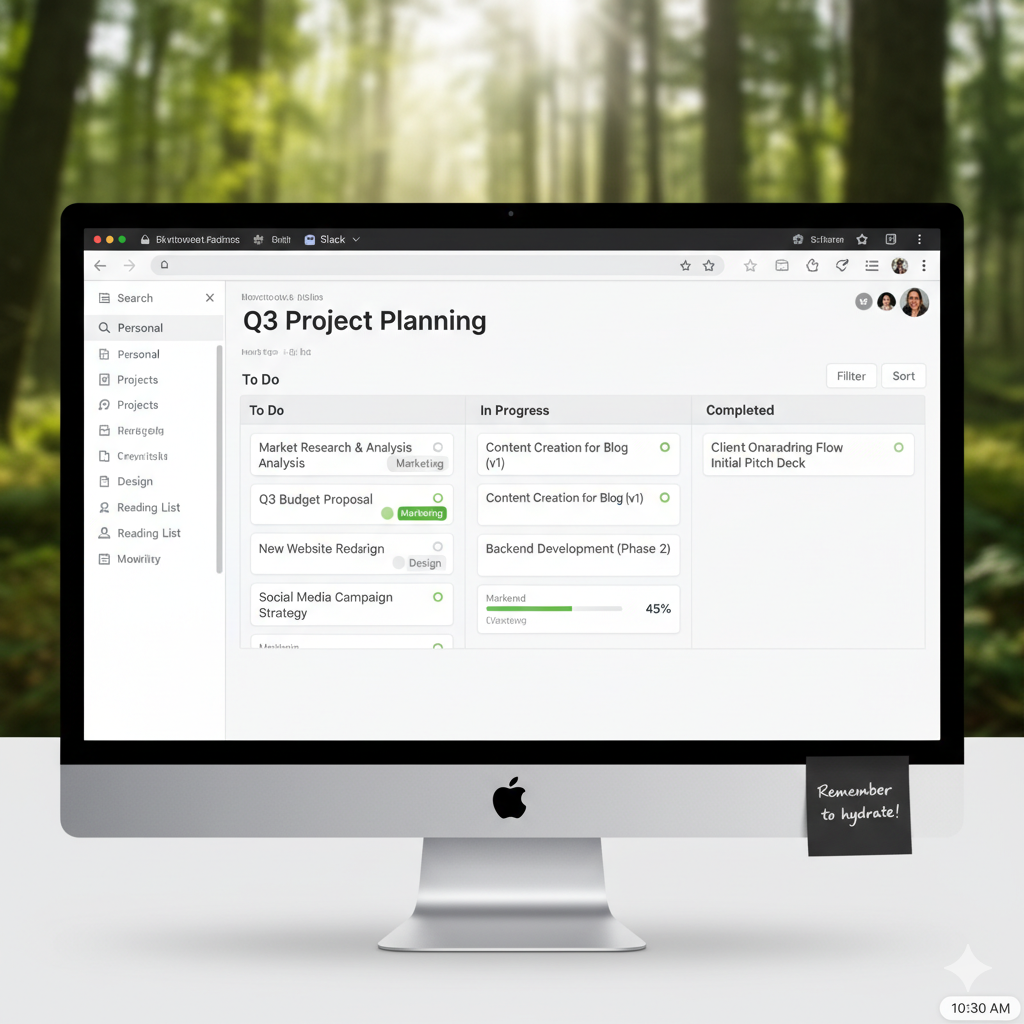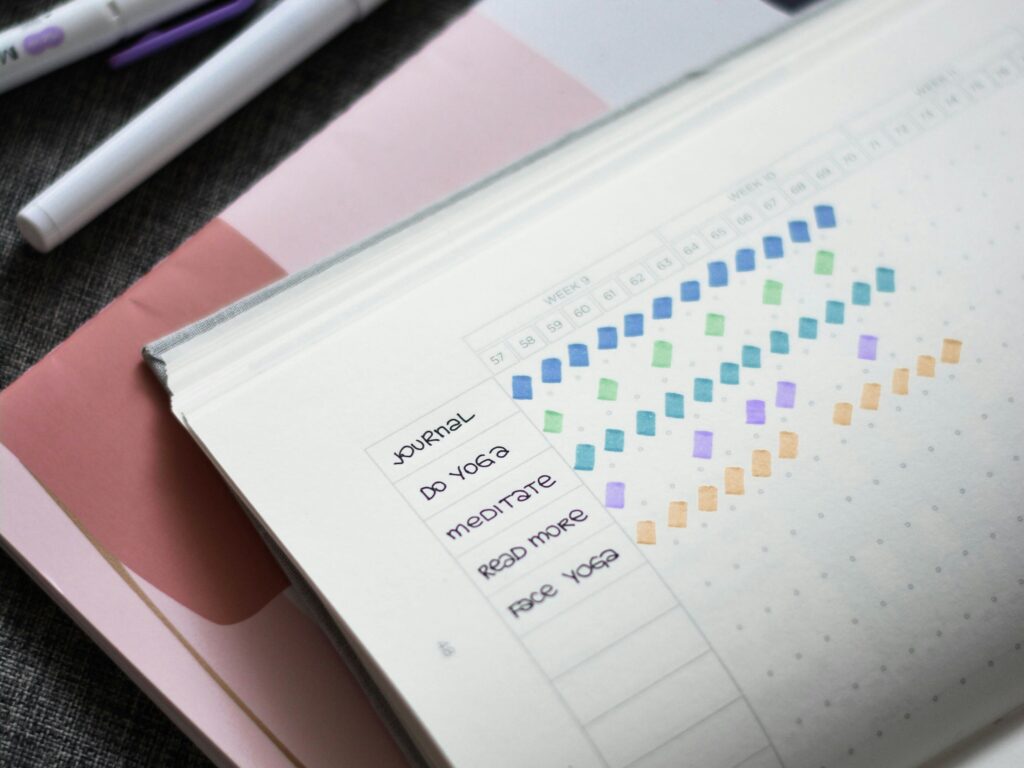Ever feel like you’re learning all the time—but nothing seems to stick? You binge YouTube tutorials, sign up for courses, scribble endless notes… and still forget half of it a week later. Trust me, I’ve been there.
Here’s the truth: learning isn’t about cramming more information into your brain. It’s about using the right tools to help you absorb, organize, and apply knowledge effectively. With the right setup, learning stops feeling like a grind and starts feeling like flow.
In this guide, I’ll walk you through the best tools to learn anything faster in 2025—from smart note-taking apps to focus enhancers and habit trackers—so you can spend less time spinning your wheels and more time growing with purpose.
Why Tools Matter for Learning Speed
Your brain is amazing, but it has limits. You’re not built to store every detail forever—that’s why we forget most of what we read within days.
Learning tools act like extensions of your brain. They help you:
- Capture insights before they vanish.
- Recall information at the right time.
- Block distractions and stay focused.
- Turn scattered ideas into clear systems.
Think of them as cognitive shortcuts. Instead of juggling everything in your head, you offload memory and create systems that free up mental energy for deep learning.
1. Smart Note-Taking Tools

We all overestimate memory. You might swear you’ll remember that brilliant podcast quote—but without a system, it’s gone.
Best options:
- Notion – Highly customizable; ideal for structured databases of notes, books, and projects.
- Obsidian – Perfect for creating a “second brain” with linked, interconnected notes.
- Evernote – Still reliable for quick capture and syncing across devices.
Why they work: By externalizing knowledge, you free your brain to focus on connecting ideas rather than storing random details.
Personal tip: I track every book I read in Notion. Seeing recurring themes across authors helps me spot patterns—and those patterns are where real learning happens.
2. Active Recall Apps
Passive reading doesn’t guarantee learning. Research shows active recall (pulling info from memory) cements knowledge far better.
Best options:
- Anki – A spaced repetition powerhouse, loved by medical students and language learners.
- Quizlet – Beginner-friendly with millions of pre-made flashcard sets.
Why they work: Spaced repetition reminds you of information just before you’d forget it, moving it into long-term memory.
3. Focus and Distraction Blockers

Let’s be honest: you can’t learn faster if your phone is buzzing every 30 seconds.
Best options:
- Forest – Grow a virtual tree while you focus; give in to distractions and your tree withers.
- Freedom – Blocks distracting sites and apps across all devices.
- Pomofocus – A simple Pomodoro timer for structured focus-rest cycles.
Why they work: Deep focus creates mental space for insights to stick.
I once believed I was “bad at focus.” Turns out, I was just living in a storm of notifications. Once I started blocking them, my productivity doubled.
4. Digital Learning Platforms
Sometimes the fastest way to learn is to borrow structured knowledge from experts.
Best options:
- Coursera – University-level courses with certificates.
- Skillshare – Creative, bite-sized lessons (design, writing, productivity).
- Udemy – Affordable, massive selection across nearly every topic.
Why they work: Instead of cobbling together random blogs, structured courses guide you step-by-step through proven learning paths.
5. Knowledge Visualization Tools

Some information just makes more sense when you see it.
Best options:
- MindMeister – Easy mind mapping for brainstorming and learning projects.
- Miro – A flexible digital whiteboard for collaborative or solo work.
- Excalidraw – Minimalist sketching tool for quick concept diagrams.
Why they work: Visualization helps you spot connections, organize complex material, and retain big-picture ideas.
6. Writing and Reflection Tools
Learning deepens when you explain it—either to yourself or someone else. Writing forces clarity.
Best options:
- Day One – Beautiful journaling app with daily prompts.
- Google Docs – Simple and collaborative for reflection.
- Roam Research – Combines reflective journaling with linked notes.
Why they work: Reflection turns fleeting ideas into lasting understanding.
Gentle reminder: Even a five-minute daily journal entry can transform scattered insights into structured wisdom.
7. Habit Tracking Tools

Learning isn’t an event—it’s a practice. And practice requires consistency.
Best options:
- Habitica – Gamified habit tracker that turns progress into a game.
- Streaks – Clean, simple iOS tracker.
- Loop Habit Tracker – A free, powerful option for Android users.
Why they work: Small, daily progress compounds into mastery.
8. AI-Powered Learning Helpers
AI isn’t a replacement for effort—but it’s a powerful accelerator.
Best options:
- ChatGPT – Summarize dense material, create practice questions, or brainstorm ideas.
- Perplexity AI – AI-powered research assistant that cites real sources.
- Grammarly – Keeps your notes and reflections polished and clear.
Why they work: Instead of drowning in endless searches, AI streamlines your path to clarity—if you use it mindfully.
9. Analog Tools That Still Work

Not every tool needs to be digital. Old-school methods are still powerful.
Best options:
- Moleskine notebook – Perfect for those who learn best by handwriting.
- Index cards – Portable and effective for recall practice.
- Whiteboards – Excellent for brainstorming or teaching yourself out loud.
Why they work: Writing by hand activates different neural pathways, reinforcing memory.
10. Learning Systems That Connect Everything
The best learners don’t just use random tools—they build systems.
Example workflow:
- Capture notes in Notion.
- Turn key points into Anki flashcards.
- Reflect weekly in Day One.
- Track consistency with Habitica.
This cycle—capture, review, reflect, repeat—makes learning durable and efficient.
Conclusion: Smarter, Not Harder
At the end of the day, tools matter less than how you use them. You don’t need every app on this list—you just need a simple system that fits your style.
To start, I’d recommend:
- Notion for organizing insights.
- Anki for building long-term memory.
- A focus app like Freedom or Forest to protect attention.
Remember: learning isn’t a race, it’s a rhythm. The right tools don’t push you to go faster—they help you move smarter.




